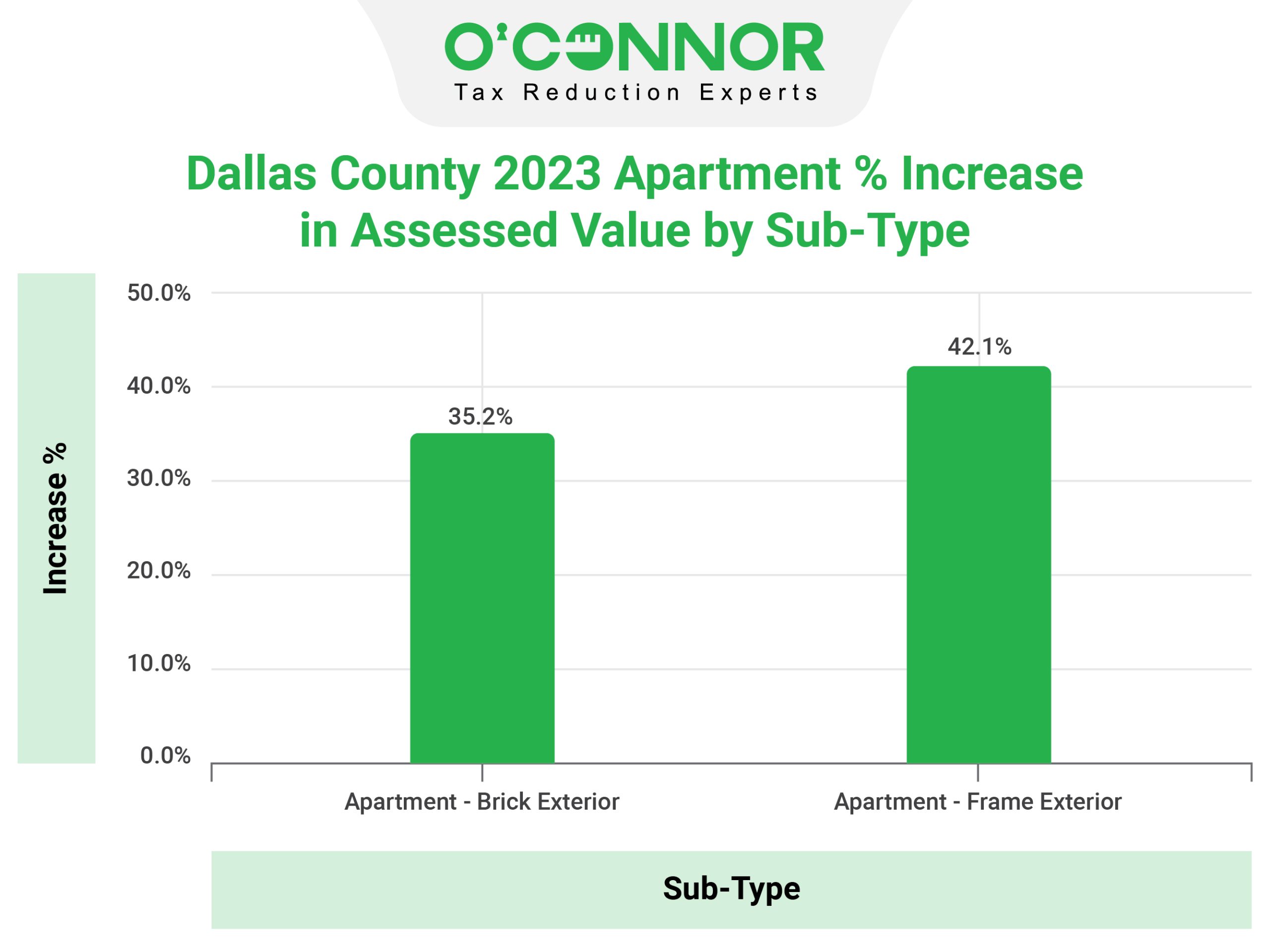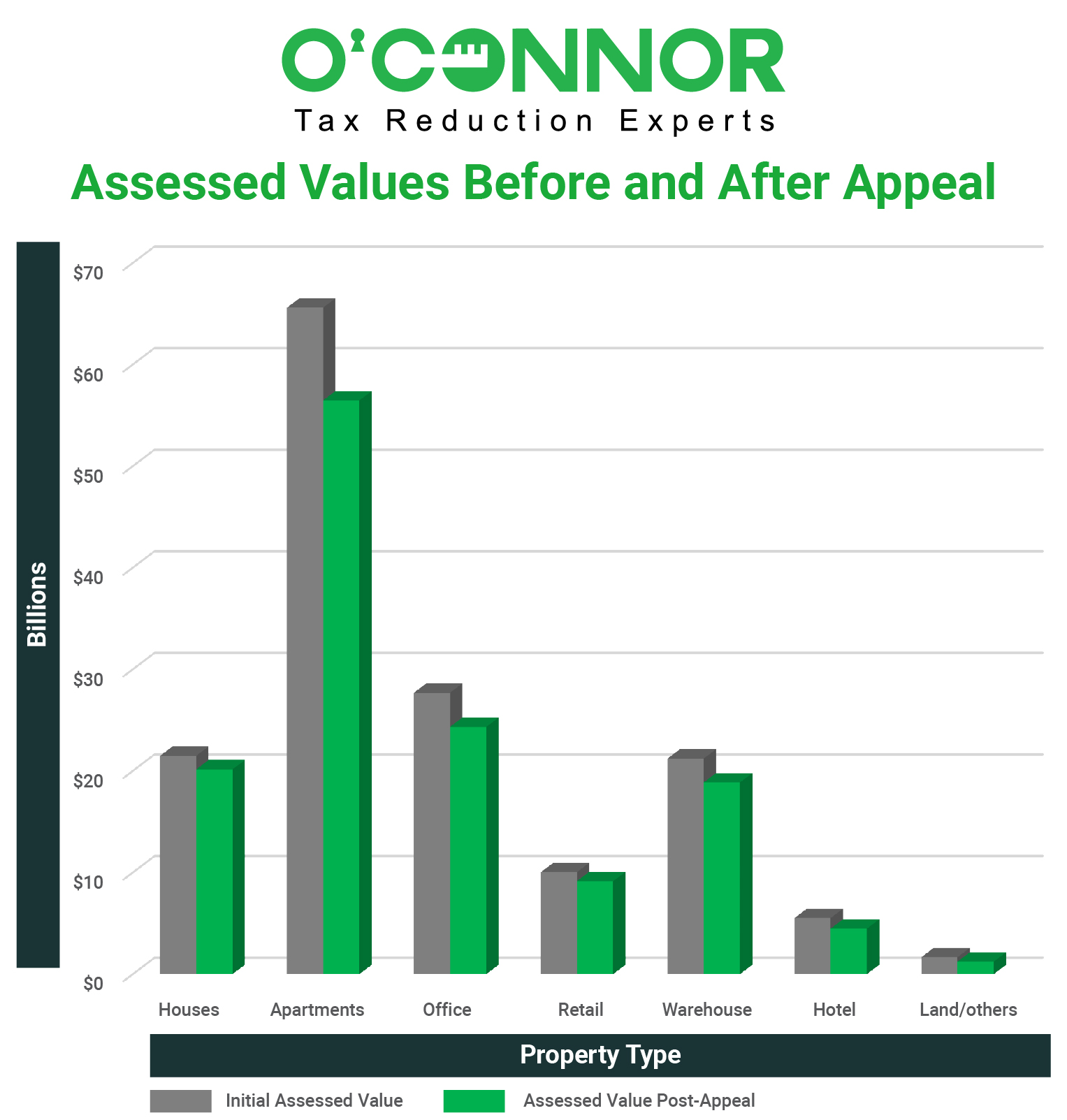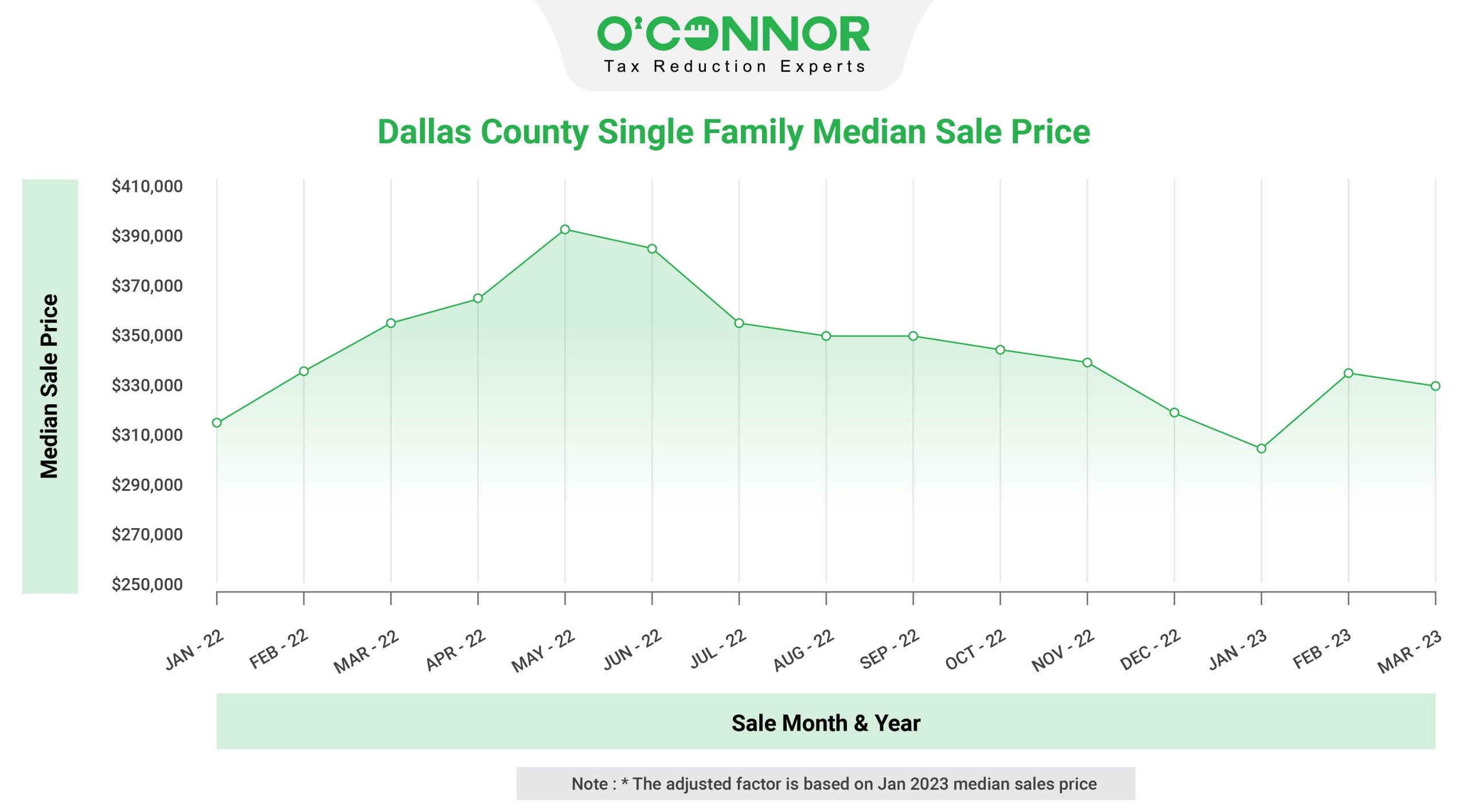Dallas County Property Taxes: A Comprehensive Guide For Homeowners
Property taxes in Dallas County are a crucial aspect of homeownership that every resident should understand. Whether you're a new homeowner or have lived in the area for years, knowing how these taxes work can save you money and headaches. From assessment processes to exemptions, we’ll break it all down for you. So, buckle up and let’s dive into the nitty-gritty of Dallas County property taxes!
Let’s face it, property taxes aren’t exactly the most exciting topic in the world, but they’re definitely one of the most important. If you own a home or plan to buy one in Dallas County, you need to know what you're getting into. This guide is designed to help you navigate the often-confusing world of property taxes, ensuring you're well-prepared and informed.
Think of property taxes as the price you pay for living in a great community. The revenue generated from these taxes funds essential services like schools, roads, emergency services, and more. But hey, no one said it was cheap. That’s why it’s important to understand how it all works so you can make the most of your tax dollars.
- Cvs Opioid Prescriptions Lawsuit The Inside Scoop You Need To Know
- How Old Is Erik Menendez A Deep Dive Into His Life Trials And Legacy
Understanding Dallas County Property Taxes
First things first, let’s talk about what Dallas County property taxes actually are. These taxes are a form of ad valorem tax, meaning they’re based on the assessed value of your property. The county uses this money to fund public services and infrastructure. It’s not just about sticking you with a bill; it’s about maintaining the quality of life in your community.
Who Decides the Property Tax Rates?
The tax rates are determined by local taxing entities such as school districts, cities, and the county itself. Each entity sets its own rate, and the total rate is the sum of all these individual rates. For instance, if the school district sets a rate of 1%, the city 0.5%, and the county 0.3%, your total tax rate would be 1.8%. Pretty straightforward, right?
How Are Property Values Assessed?
Now, let’s get into the nitty-gritty of how property values are assessed. The Dallas Central Appraisal District (DCAD) is responsible for this task. They use a variety of methods to determine the value of your property, including market analysis, cost approach, and income approach.
- Cjng The Rising Threat And What You Need To Know
- Mastering Psucanvas Your Ultimate Guide To Navigate And Thrive
Key Factors in Property Value Assessment
- Location: Where your property is situated can significantly impact its value.
- Size and Condition: The size of your property and its overall condition are major factors.
- Recent Sales: The DCAD looks at recent sales of similar properties in your area.
It’s worth noting that the assessed value isn’t always the same as the market value. Sometimes it’s lower, which can be a good thing for your wallet. However, if you feel the assessed value is too high, you have the right to appeal it.
What’s the Average Property Tax Rate in Dallas County?
As of the latest data, the average property tax rate in Dallas County hovers around 2.5%. But remember, this can vary depending on where exactly you live within the county. Some areas might have higher rates due to additional taxing entities or special districts.
Here’s a quick breakdown of how the average tax rate is typically divided:
- School District: Around 1.5%
- City: Approximately 0.7%
- County: Roughly 0.3%
Of course, these numbers can fluctuate from year to year, so it’s always a good idea to check with your local tax office for the most accurate information.
Exemptions and Deductions You Should Know About
Now here’s the good news: there are several exemptions and deductions available that could lower your property tax bill. The most common one is the Homestead Exemption, which is available to homeowners who use their property as their primary residence.
Types of Exemptions
- Homestead Exemption: Reduces the taxable value of your home.
- Over-65 Exemption: Provides additional relief for senior citizens.
- Disability Exemption: Available for homeowners with disabilities.
It’s important to apply for these exemptions if you qualify. The process is relatively simple, but deadlines are strict, so don’t wait until the last minute.
How to Appeal Your Property Tax Assessment
If you believe your property has been overvalued, you have the right to appeal. The first step is to file a protest with the Appraisal Review Board (ARB). You’ll need to provide evidence supporting your claim, such as recent sales of comparable properties or an appraisal from a certified appraiser.
Steps to File an Appeal
- Submit your protest by the deadline, usually in May.
- Gather all necessary documentation.
- Attend the hearing if requested by the ARB.
While the process might seem daunting, it’s definitely worth it if it results in a lower tax bill. Many homeowners successfully appeal their assessments each year.
When Are Property Taxes Due in Dallas County?
Property taxes in Dallas County are typically due by January 31st of the following year. Payments can be made in installments, but interest and penalties will accrue if the full amount isn’t paid by the deadline.
Here’s a quick timeline:
- October: Tax bills are mailed out.
- November-December: Early payment options are available.
- January 31st: Final deadline for full payment.
Missing the deadline can lead to serious consequences, including liens on your property, so make sure you stay on top of it.
What Happens If You Can’t Pay Your Property Taxes?
Life happens, and sometimes paying your property taxes on time just isn’t possible. If you find yourself in this situation, don’t panic. There are options available, such as payment plans or deferrals.
Options for Financial Hardship
- Payment Plans: Some taxing entities offer installment plans.
- Tax Deferrals: Available for seniors or disabled individuals.
It’s crucial to communicate with your local tax office as soon as possible if you’re struggling to pay. Ignoring the problem will only make it worse.
How Property Taxes Impact Your Home’s Value
While property taxes are a necessary evil, they can also impact the value of your home. High tax rates might deter potential buyers, while lower rates could make your property more attractive. It’s a delicate balance that affects the real estate market in Dallas County.
Additionally, if your property taxes increase significantly, it could affect your ability to sell your home at the price you want. Buyers will factor in the tax burden when making an offer, so it’s something to keep in mind.
Future Trends in Dallas County Property Taxes
Looking ahead, there are a few trends to watch out for in the world of Dallas County property taxes. With the rapid growth of the area, it’s likely that property values will continue to rise, potentially leading to higher tax bills. However, there’s also a push for more transparency and fairness in the assessment process.
Local governments are exploring new ways to make the system more efficient and equitable. This could include better technology for assessments or more robust appeal processes. Stay tuned for updates as the landscape continues to evolve.
Final Thoughts and Takeaways
In conclusion, Dallas County property taxes are an essential part of homeownership that every resident should understand. From how values are assessed to exemptions and appeals, there’s a lot to consider. But with the right knowledge and resources, you can navigate this complex system with confidence.
Here’s a quick recap of the key points:
- Property taxes fund essential services in your community.
- The Dallas Central Appraisal District determines property values.
- Exemptions like Homestead can lower your tax bill.
- You have the right to appeal your assessment if you believe it’s unfair.
- Payments are due by January 31st, with penalties for late payments.
So, whether you’re a seasoned homeowner or just starting out, make sure you’re informed about Dallas County property taxes. And don’t forget to share this article with your friends and family so they can be in the know too!
Table of Contents
- Understanding Dallas County Property Taxes
- How Are Property Values Assessed?
- What’s the Average Property Tax Rate in Dallas County?
- Exemptions and Deductions You Should Know About
- How to Appeal Your Property Tax Assessment
- When Are Property Taxes Due in Dallas County?
- What Happens If You Can’t Pay Your Property Taxes?
- How Property Taxes Impact Your Home’s Value
- Future Trends in Dallas County Property Taxes
- Final Thoughts and Takeaways
- Brandy And Ray J The Unbreakable Bond Of Siblings In Hollywood
- Greys Anatomy Amelia The Untold Story Of A Complex Character

Dallas County Tax Assessment Market Value

Dallas County Property Tax Dallas County

Dallas County Tax Assessment Market Value